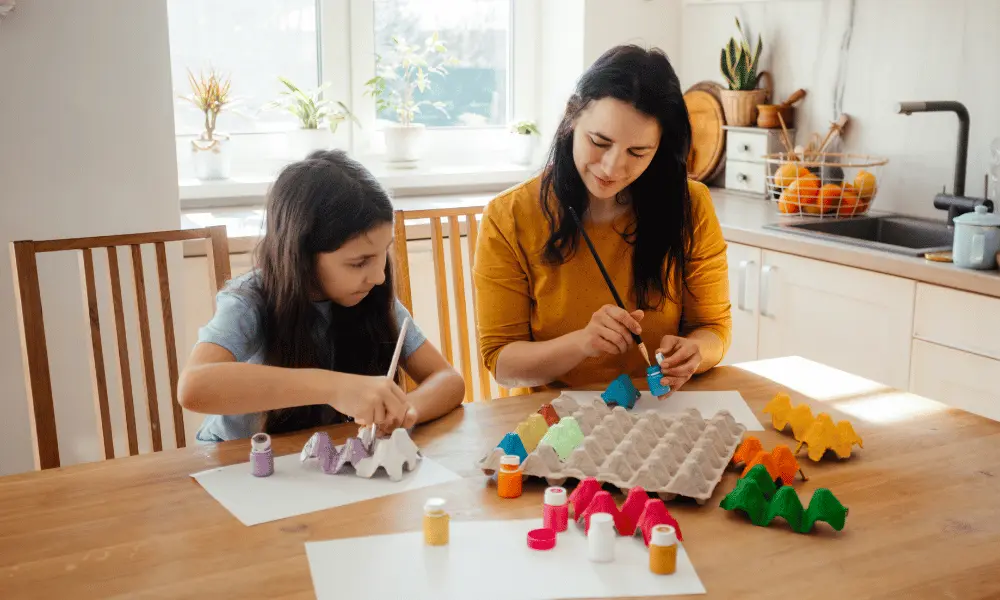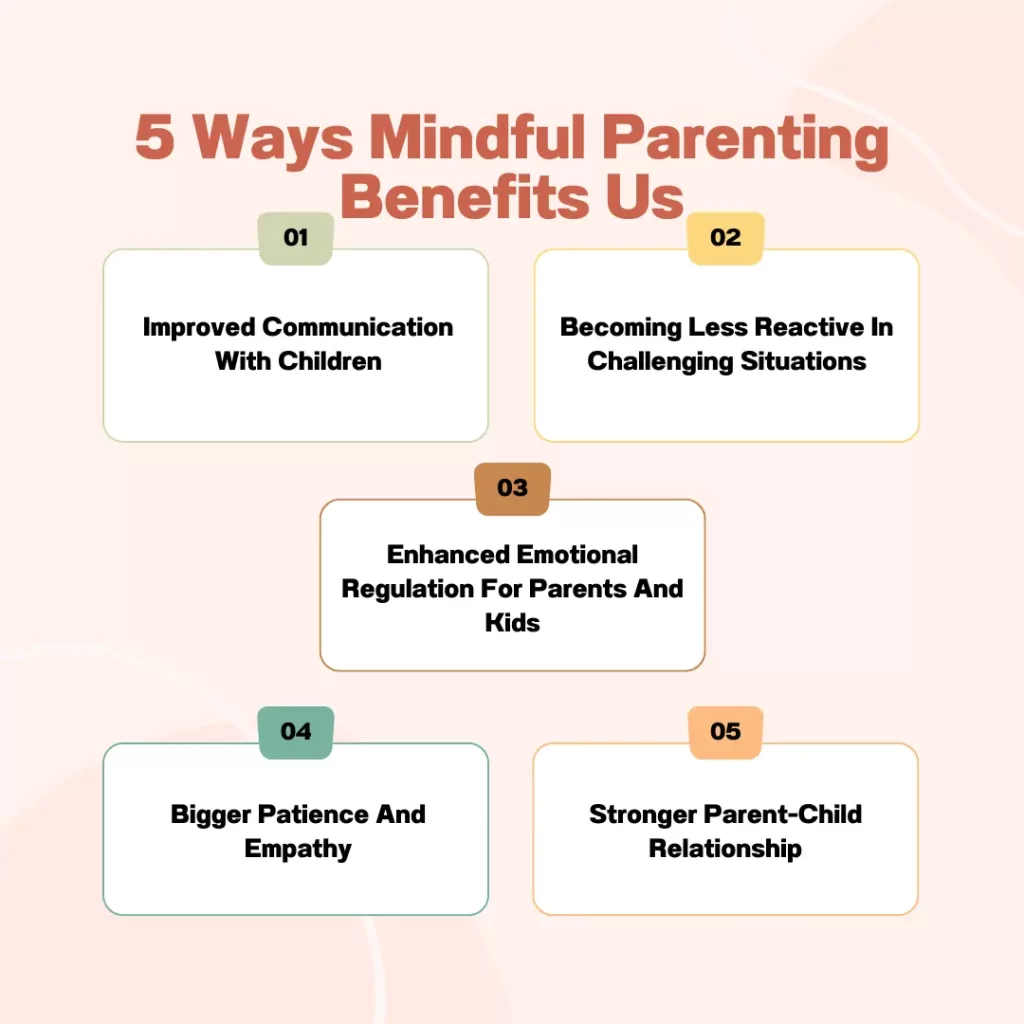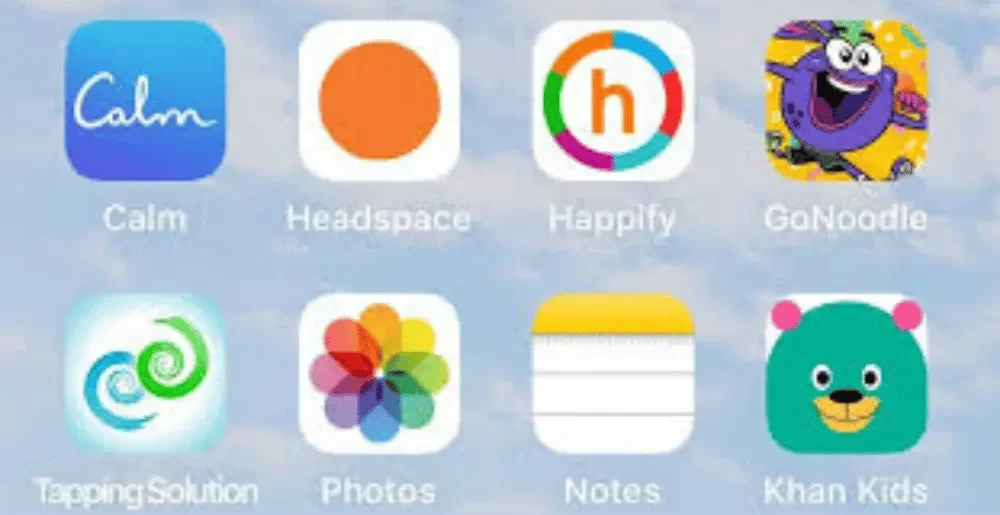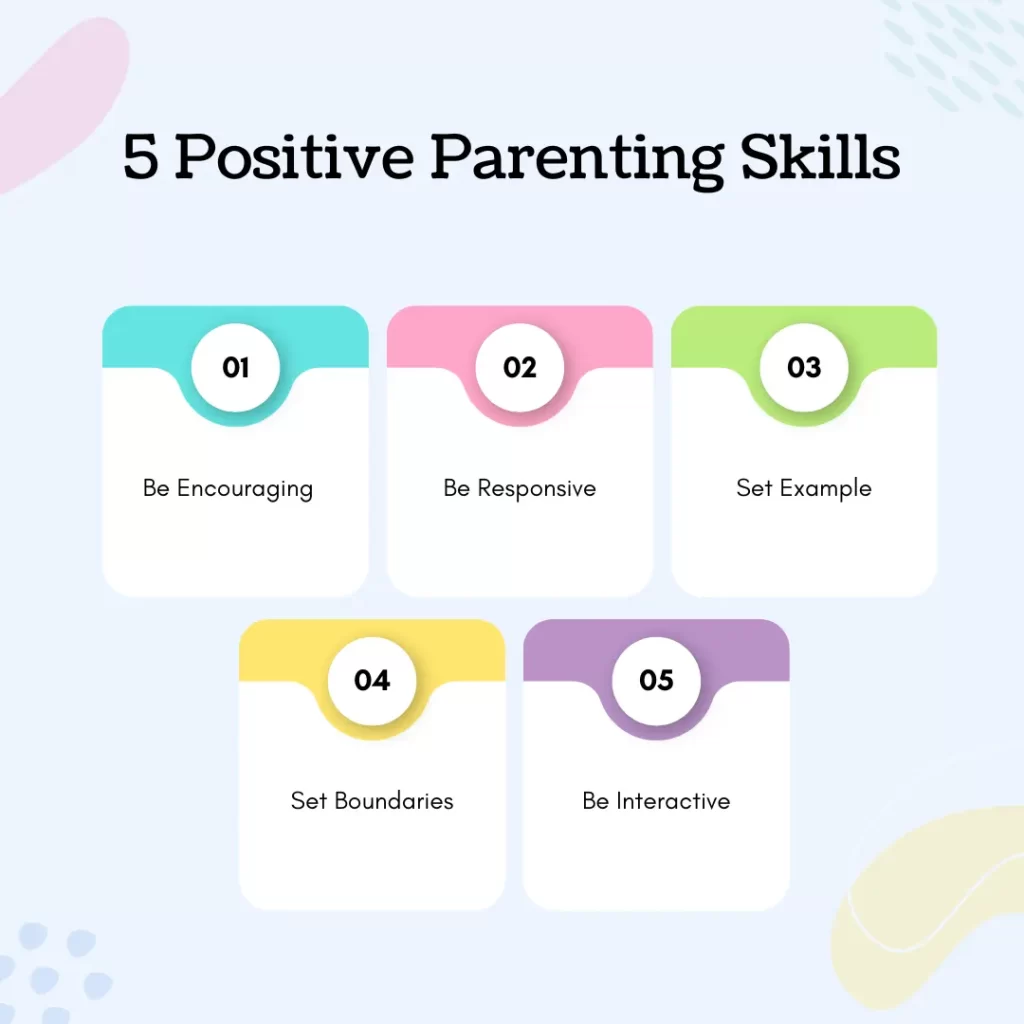Raising kids is both rewarding and stressful. This blog post will help you see how meditation and mindful parenting can prepare you and your child for another episode of stress.
Understanding Mindful Parenting

Are you a parent? Then, certainly you want growth and good life for your kids. You want them to thrive in good virtues and stay away from the bad ones. Understanding mindful parenting can help you do the work successfully.
Mindful Parenting – What It Is
Mindfulness means being present with your thoughts and feelings. Therefore, mindful parenting means being present with your child. This involves paying full attention to what’s happening right there with your kids. It helps you see the world like a child – with an open mind and fresh perspective.
The intersection of mindfulness and parenting skills
Applying mindfulness to parenting helps parents create opportunity for them to respond well to their children. Mindfulness helps them develop emotional awareness and to provide their undivided attention.
There are certain principles you need to practice when it comes to parenting mindfully. (i) attention to your child (ii) carefully observe your feelings (iii) think before you respond (iv) listen to your kid even if you don’t agree with them. Doing this will help you become less overwhelmed.
The Science of Mindfulness for Parents

A recent meta-analysis discovered that mindfulness practice among parents can increase mindful parenting. It can also reduce the internal and external challenges kids face. This is because mindfulness practice affects our brain’s neural pathways in positive ways.
For instance, the practice can alter the brain’s function and shape. Certain brain areas that regulate emotions are affected positively when parents meditate.
According to research, mindfulness can also have an impact on the brain’s fight or flight mechanism. So, when parents are threatened by internal or external factors, they can keep their emotions in check when they meditate.
Get to Know the Neurological benefits of mindfulness practice
In science, it has been researched that mindfulness training can reduce parental stress. Furthermore, it can increase parents’ ability to remain calm when their child’s annoying.
Research has further shown that the 8-week mindfulness-based stress reduction program can help parents deal with anxiety and depression.
Mindfulness practice can also help kids too. It can improve their academic work and mental health. One study found out that the practice of mindfulness can cause significant improvements in cognitive and social outcomes.
Stress reduction: Facts and figures
Parental stress statistics:
The American Psychological Association survey conducted in 2020 revealed a fact. Most parents reported that family responsibilities cause them stress. Another study concurred, saying that parents experience higher levels of stress than non-parents.
How Mindfulness Affects Stress:
The Journal of Psychosomatic Research published their findings. According to them, mindfulness programs reduced anxiety by 54%.
Physiological effects:
A certain research was conducted in the University of Wisconsin-Madison. The results suggested that mindfulness meditation can lower cortisol levels by 31%.
Parenting-specific benefits:
The Frontiers in Psychology journal gave a report. It was stated that parents who meditated for 8 weeks experienced increase in self-compassion and decrease in parental stress.
Long-term effects:
A longitudinal study over 3 years, published in Emotion, found that parents who maintained a regular mindfulness practice reported 29% lower stress levels compared to non-practicing parents.
Workplace implications:
There was a certain study conducted by Aetna. There were observations that employees who meditated experienced reduced stress and improved productivity every week.
Comparative effectiveness:
In a certain year, a report was published in the Journal of Clinical Psychology. What were the observations? The practice of mindfulness can lessen stress levels by 40%.
5 Ways Mindful Parenting Benefits Us

As mentioned in the beginning, parenting can both be rewarding and stressful. Mindful patenting can help parents successfully navigate the challenges of parenthood. Amongst the host of benefits, we will be considering just a few.
Improved communication with children
Mindful parenting encourages open and honest communication. This makes children relaxed and more open to talk about their thoughts and feelings.
Becoming less reactive in challenging situations
When a child throws tantrum or exhibit some form of stubbornness, parents could be deeply affected. They can employ harsh disciplinary actions. Mindfulness helps to reduce the stress so they can respond well to their child’s needs.
Enhanced emotional regulation for parents and kids
Mindful parenting can help fathers and mothers recognize what triggers their emotions. The result? They become more calmer when responding to stressful situations.
Various studies have revealed that mindfulness can benefit kids. It can help them learn manage their emotions too. This can even help them in decision making when they get older.
Bigger patience and empathy
Mindful parents are patient parents. They don’t easily pick offense when their kids disagree with them. Rather, they pay more attention to understand their kids and see things from their perspective.
Additionally, mindful parenting helps you to have empathy and compassion. This often leads to a more sustaining interactions with your children. Mindful parenting also helps kids to be kind and compassionate towards their parents and others.
Stronger parent-child relationship
Various studies support the fact that mindful parenting help moms and dads develop good relationship with their kids. Because of being present, the kids know that they are valued, loved and safe.
How to Get Started with Meditation and Mindful Parenting

It is very simple and easy to start meditation. Just set aside few minutes to practice each day. Then, try to make it part of your everyday life. The truth is, meditating and mindful parenting can help you thrive as a parent.
Simple mindfulness exercises for busy parents
- Gratitude journaling: This simple exercise can help you overcome stress and anxiety, thus focusing on the positive things in your life. What you need to do is write down the people, moments, and things you are grateful for. You can start by writing just twice a week and then gradually increase the frequency.
- Body scanning: This is a self-examination of the body muscles to relax and calm the body. To do a body scan, find a relaxed place to sit. Take a deep breath and bring consciousness to your body parts. Notice any feeling of sensation and dispel any rising thoughts.
- Affirmation: Positive words that encourage positive thinking can also help you be mindful. With this, you can ease your anxiety and negative emotions like depression and anxiety.
- Guided Imagery: This exercise requires you to visualize peaceful scenes that brings serenity, peace and calmness to you. This technique is a good way to parent mindfully.
- Mindful breathing: As one of the simplest practices, this can help you pull yourself together. First, breathe in through the nose. Then, use your mouth to breathe out. Observe yourself releasing all the negativities as you do this.
How to Incorporate mindfulness into your life
- Add mindfulness to your daily activities. Whenever you walk, breathe, cook or eat, take time to be mindful. Perform each task with a sense of presence.
- Aim for short yet consistent sessions of meditation. If you wish, you can increase the time.
- Find little moments during the day or in between tasks to meditate.
- Endeavor to practice self-care routines to de-stress.
Mindfulness Apps and Resources for Families

For families who are just about to start meditating, making use of apps and resources can serve as a guide. They have customized features, sessions, and focus music playlists to help you get started and stay committed to your practice. We know that there are lots of them out and you may feel overwhelmed. So, here is a brief overview of the top recommended ones.
Overview of popular meditation apps for parents
Headspace: This is an amazing app for beginners. It has free basic course for those who are non-meditators. It has a user-friendly interface plus audio recordings with a calming voice. There are also paid versions in case you want to up your game.
Waking Up: This app is great for beginners who wants to take their meditation practice seriously. It contains lectures and interviews on meditation that helps you find focus and direction. There are also free and paid versions of the app.
Insight Timer: It contains over 7,000 meditations with nice features for those who are paid members. However, they also have a 100% free plan which works well too. Content on the app varies and it is easy to navigate.
MamaZen: This is specially designed to help moms with specific issues they might be facing. They have a 30-day free trial and paid versions.
How the Headspace app supports mindful parenting
This meditation app offers subscribers several courses and single meditations on topics related to parenting and other matters. These topics include:
- 10-day course on patience
- 10-day course on kindness and compassion towards yourself and others
- Single meditation on losing your temper
- Single meditation on listening to others
- Single meditation when you’re feeling overwhelmed
- 10-day relationships course that helps you focus less on self-critical chatter.
The 5 Positive Parenting Skills

- Be encouraging: Say encouraging things to your child. Let your words be their inner voice. Let them know you love and value their efforts
- Be responsive: Regularly talk to your kids and respond to their emotions. Help them solve the problems they have as they grow older. Talk about their friends, activities and accomplishments.
- Set example: Being a good example for your kids promotes compliance and obedience. It also leads to less negativity and antisocial behavior.
- Set boundaries: This help to show responsibility and accountability. Setting specific boundaries help your kids know the importance of following rules. However, these boundaries should be presented in a positive way.
- Be interactive: Radiate positivity and warmth with your words and actions. You can simply make eye contact, hug your kid, smile at them or kiss them.
Why is Mindfulness Important For Parents?
Mindfulness helps parents to slow down, observe, reflect, think and decide how best to respond to a situation. Rather than being driven by emotions, they are present in the moment, trying to listen to and understand their child.
This is especially important as parents tend to live busy lives. They may be so busy that they may have no time for their kids. And kids, too, can be on their nerves. With meditation and mindful parenting, there can be a good relationship between parents and kids.
How to Teach Children Mindfulness

Children (even preschool children) need to learn mindfulness too. There are simple activities they can try depending on their age.
Age-appropriate mindfulness activities
- Balloon belly breathing: Teach your kid to fill his belly with air. As they let the air out, help them imagine releasing themselves of the stress they feel.
- Mindful eating: Help your kid eat slowly. Teach them to enjoy every bite of their meal and appreciate the food.
- Visualization: Your child can be taught to imagine a happy place. Research shows that this can strengthen the creative mind of children and adolescents.
- Happy Thoughts: Letting your child come up with positive thoughts and affirmations can combat negative self-talk. They can either say these thoughts aloud, repeat them if possible or write them down.
Creating a mindful home environment
- Explain a mindfulness practice to them and ask them questions if necessary.
- Be patient with your kids and encourage them to practice regularly.
- Make mindfulness fun and enjoyable.
- Use meditation resources like Calm or Headspace to explore helpful exercises for kids.
Overcoming Common Challenges in Mindful Parenting

Mindful parenting requires patience and effort. Despite the benefits, there are challenges that many parents may encounter. There are also effective ways to deal with them.
Dealing with resistance from family members
When family members are not used to meditation and mindfulness or they feel it’s boring, they may resist. Try to introduce mindfulness in a playful and engaging way. You can use games or storytelling. Do not force your kids if they don’t want to participate. Simply appeal to them and help them start.
Maintaining consistency in your practice
Due to the demands of life, parents find it hard to practice mindfulness regularly. But, you will need to carve out time. Incorporate mindfulness into daily routines. Set a reminder and start practicing for short periods of time. Finding a support group is also great.
The Long-Term Impact of Meditation and Mindful Parenting

Meditation and mindful parenting have long been practiced for its positive impacts. Here are some findings:
Studies on family dynamics and mindfulness
In a cross-sectional study of parents with young children, it was discovered that mindful parenting reduced internalizing and externalizing symptoms. Mindfulness practices have also led to improvement in parenting behavior. Additionally, it has improved the well-being of parents.
A recent meta-analysis observed that mindful parenting leads to a more positive youth outcome. Furthermore, research shows that mindful parenting can benefit children with attention deficit/hyperactive disorder.
Testimonials from parents practicing mindfulness
Risa C. – I enjoy taking mindful parenting class as it helps me focus on what is important and be in the moment with my family.
Katie S. – Meditation and mindful parenting has helped me to be a good mother. I am now more compassionate with myself. Additionally, I have learned the importance of slowing down and being appreciative.
Frequently Asked Questions(FAQ’s)
Yes, it definitely can. Aside from observation of mindful parenting, behavioral observation of child outcomes will strengthen our appreciation for the principles of mindfulness.
Mindfulness practices can encourage parents to think before reacting to their child. This action leads to better understanding and more patience. Therefore, it can strengthen parenting skills.
It can help parents stay calm even when there is crisis. It can also assist them in dealing with daily parenting challenges. Mindful parenting can aid moms and dads to keep a sense of perspective and develop a regular meditation practice.
Being mindful and being a mindful parent are two distinct things. Being mindful means being in the present but when that is applied to how you train your kids, then we can say you’re a mindful parent. Only then can you see positive outcomes in the family.
Try out meditation apps like Headspace which contains courses and single meditation sessions that talk about parenting and other related matters.



